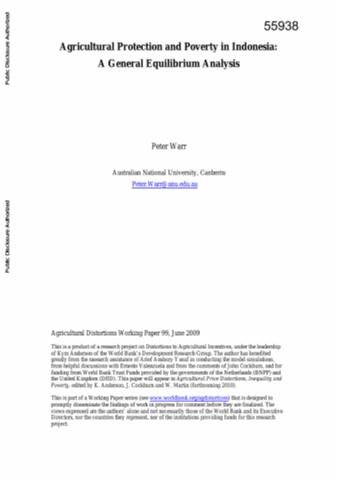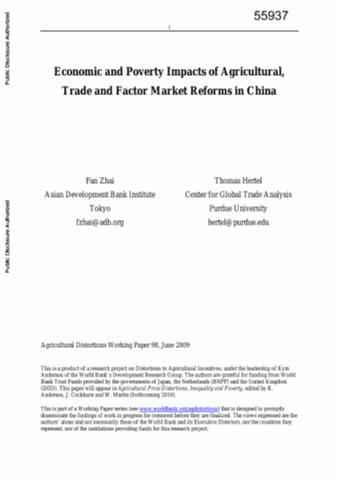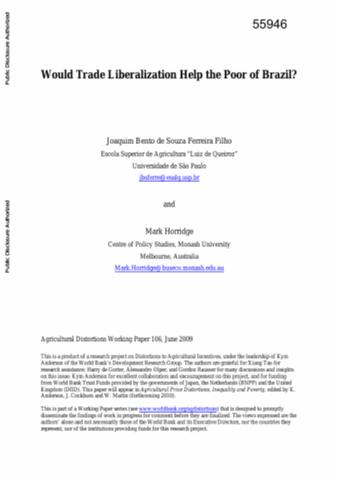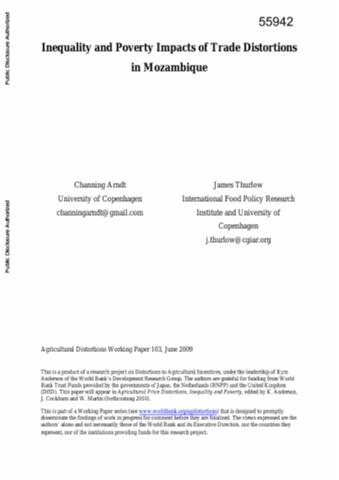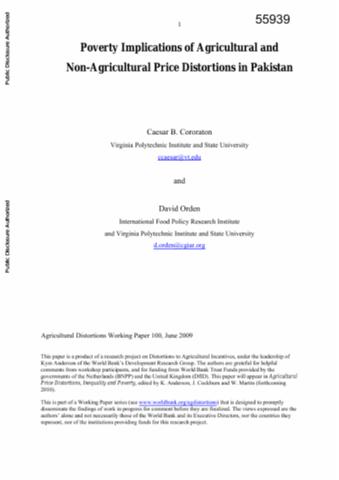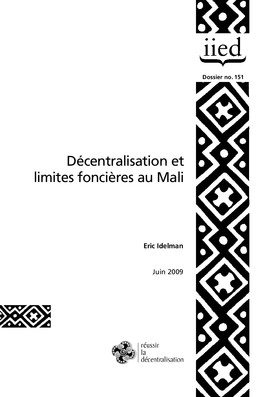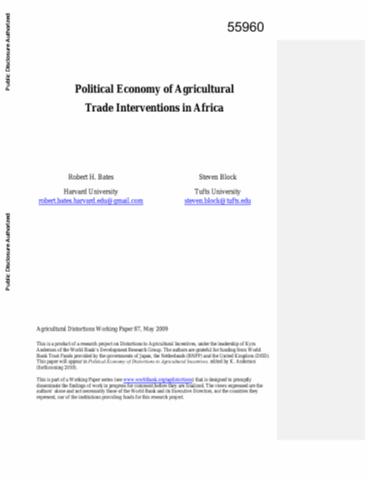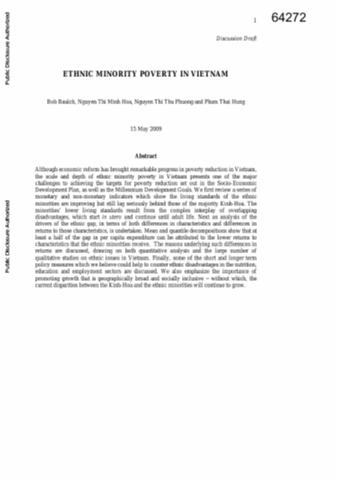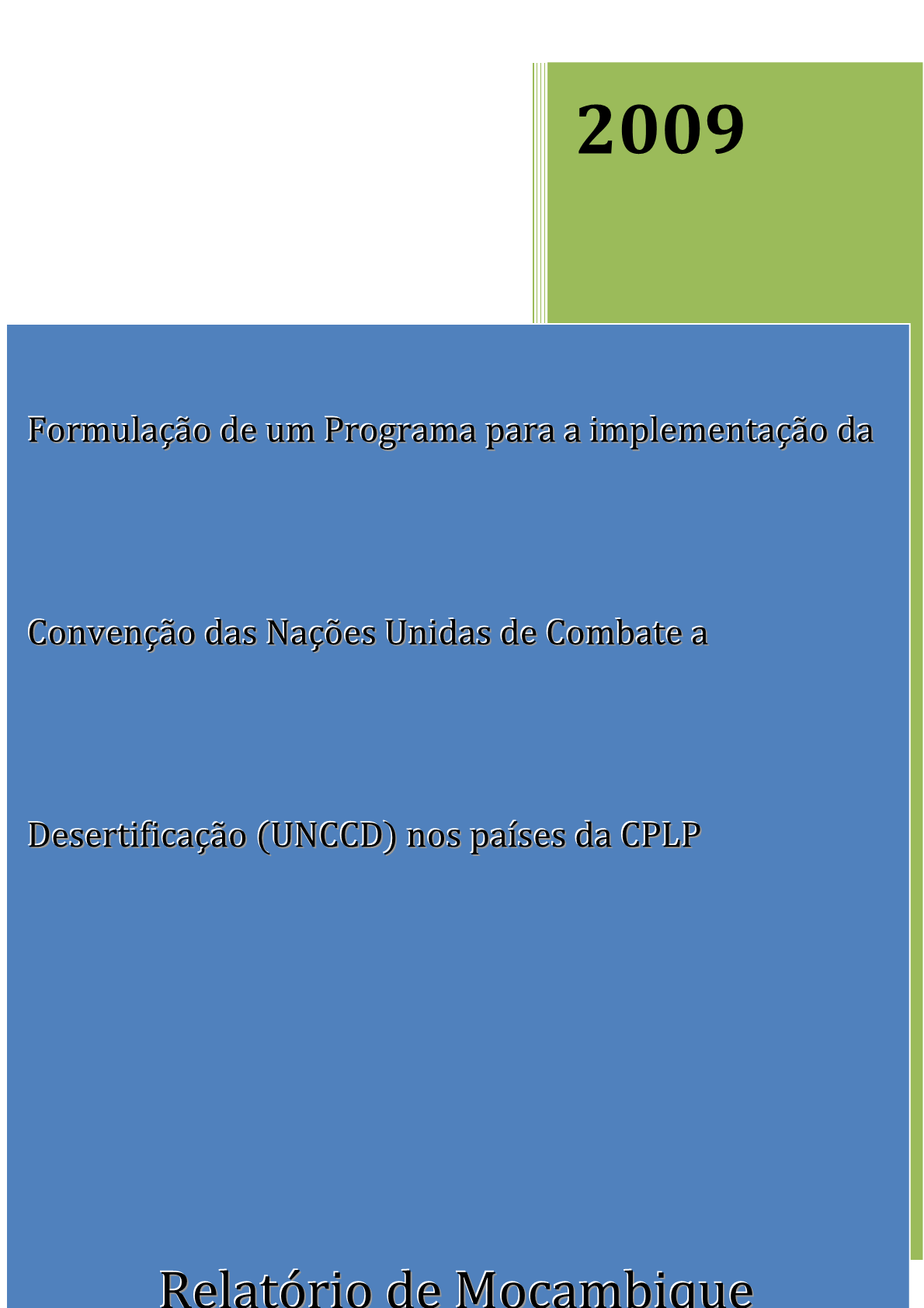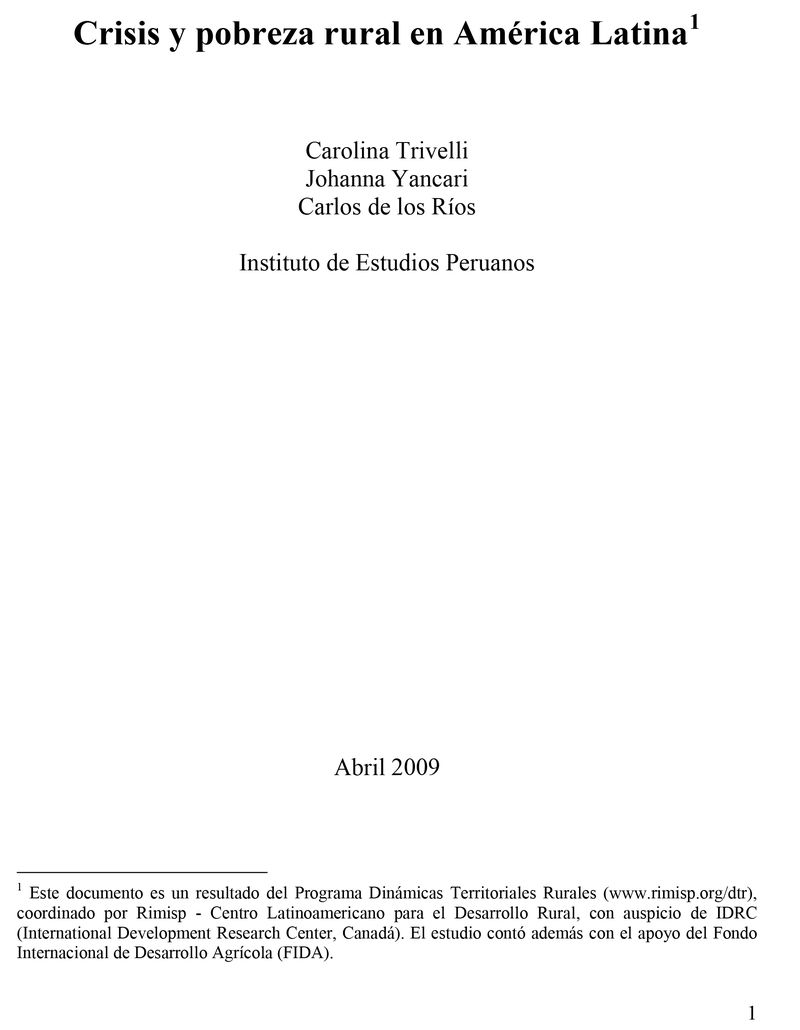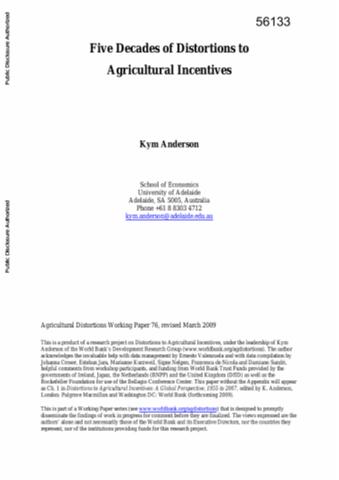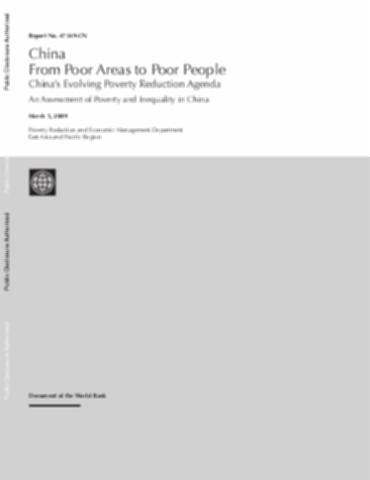Agricultural Protection and Poverty in Indonesia
A general equilibrium modeling approach is used to estimate the effects within Indonesia of unilateral and global trade liberalization, including effects on poverty incidence. It is concluded that global reform of trade policy in all commodities is a significant potential source of poverty reduction for Indonesia. The poor rural and urban have a strong interest in global trade policy reform. If Indonesia were to liberalize unilaterally, poverty incidence also will decline but the effect is small.

